What is Major Depressive Disorder?
Major Depressive Disorder (MDD) is a serious,
biologically-based disorder:
It is prevalent and debilitating, and can be chronic and life-threatening—in fact, it is the leading cause of suicide in the United States.
MDD is characterized by:
- Having a depressed mood or a loss of interest or pleasure in your daily activities consistently for at least a two-week period
- The symptoms impair your functioning at work or school, your social life, or other important areas
MDD is common and disabling:
- In 2021, 21 million adults in the U.S. had at least one major depressive episode
- Worldwide, depression is the #1 contributor to disability
unmet needs
- For the past 60 years, oral antidepressants have generally taken a similar approach to treating depression
- There is a need for new treatments that have a faster onset of action and higher remission rates, as well as being well-tolerated
-
- Current antidepressants commonly take weeks to months to achieve their full effect
- Many patients still have residual symptoms, and remission rates are low
- Side effects associated with current antidepressants include: sexual dysfunction, sleep disturbances, weight gain, nausea, vomiting, diarrhea, and cognitive impairment
key facts
Results of the Sequenced Treatment Alternatives to Relieve Depression, or STAR*D trial, funded by the National Institute of Mental Health, indicated that:
Nearly two-thirds of diagnosed and treated patients did not achieve remission
with first line therapy.
Nearly two-thirds of diagnosed and treated patients did not achieve remission
with first line therapy.
The majority of these initial failures also fail second line treatment

21 million
21 million
adults in the U.S.
in 2021 had at least one major depressive episode in the previous year

12.6 million
adults received treatment for depression in the past year*

63.2%
of adults experienced failure with 1st line therapy in the landmark STAR*D study†

69.4%
of adults experienced failure with 2nd line therapy in the landmark STAR*D study†







